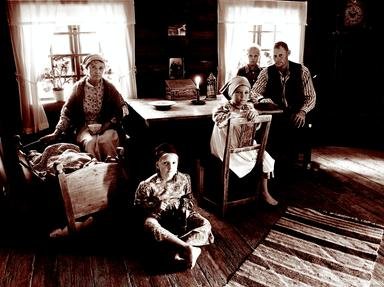Quiz Answer Key and Fun Facts
1. Former slaves who were released from slavery
2. Attempt to bring the ex-Confederate states back to the Union after the war
3. Laws that enforced segregation in the South after the Civil War
4. White Southerners who supported both Republicans and Reconstruction
5. Paramilitary force that sought to remove Republicans from office and intimidate freedmen
6. Louisiana freedmen tried to join the Southern Democrat party and were consequently attacked
7. White supremacists who worked in secret to overthrow Republican state governments
8. Members of the Southern Democrats who were conservative
9. Agreement made after the election of 1876 to accept Rutherford B. Hayes as President
10. Person from the North who was viewed as exploiting Southerners after the war
Source: Author
ponycargirl
This quiz was reviewed by FunTrivia editor
bloomsby before going online.
Any errors found in FunTrivia content are routinely corrected through our feedback system.
